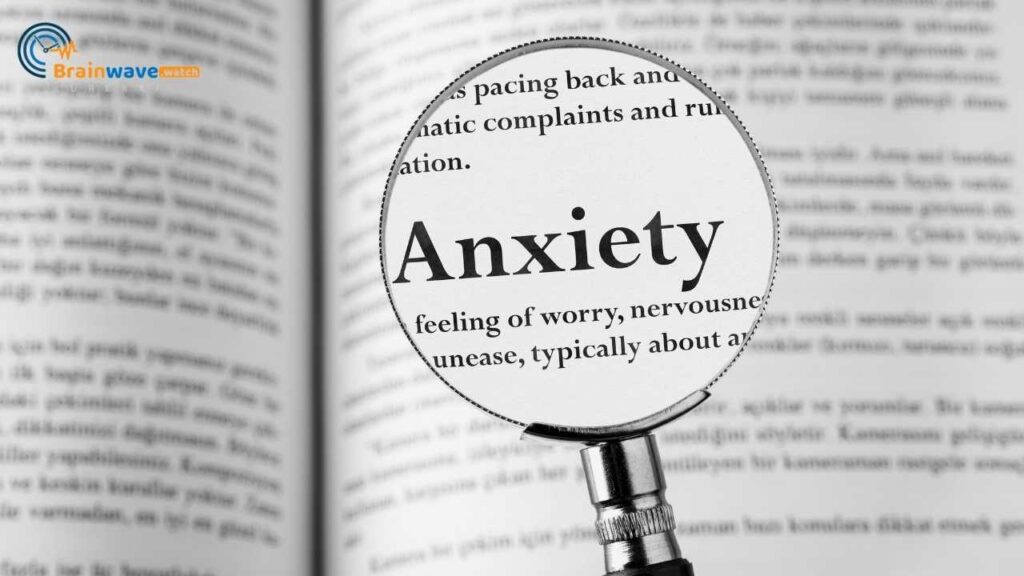Cursing in individuals with autism is a common yet often misunderstood behavior. While it may seem inappropriate or intentional, it is important to understand that cursing in autism is often a result of communication challenges, emotional regulation difficulties, and echolalia and scripting tendencies.
Communication Challenges
Individuals with autism often struggle with communication and may have difficulty expressing themselves effectively. This can lead to frustration and anger, which may manifest as cursing. Additionally, some individuals with autism may not understand the social norms surrounding cursing and may use it as a way to communicate emotions or feelings.
Emotional Regulation
Emotional regulation is another area where individuals with autism may struggle. They may have difficulty identifying and managing their emotions, which can lead to outbursts of cursing. It is important for caregivers and loved ones to work with individuals with autism to develop appropriate coping strategies and emotional regulation techniques.
Echolalia and Scripting
Echolalia and scripting refer to the tendency of individuals with autism to repeat words or phrases they have heard before. This can include cursing, which may be picked up from television shows, movies, or other sources. While it may seem inappropriate, it is important to understand that this behavior is not intentional and is a result of the individual’s difficulty with social communication.
Intervention Strategies
When it comes to dealing with cursing in children with high-functioning autism, several intervention strategies can be helpful. Here are some of the most effective strategies:
Positive Behavior Support
Positive behavior support (PBS) is a strategy that focuses on reinforcing positive behaviors while minimizing negative behaviors. This approach involves identifying the specific behaviors that need to be addressed and developing a plan to increase positive behaviors and decrease negative behaviors. Parents can work with a behavior specialist to develop a PBS plan for their child that includes rewards for positive behaviors and consequences for negative behaviors.
Language Development Therapies
Language development therapies can be helpful for children with high-functioning autism who struggle with expressing themselves appropriately. Speech therapy and social skills training can help children learn how to communicate their needs and emotions more positively. Additionally, teaching children alternative words or phrases to use instead of cursing can be helpful.
Coping Mechanisms for Families
Coping mechanisms for families can be helpful when dealing with cursing in children with high-functioning autism. Parents can benefit from support groups or counseling to help them cope with the stress of raising a child with autism. Additionally, practicing self-care and taking breaks when needed can help parents stay calm and patient when dealing with challenging behaviors.
Social Perceptions and Stigma
Autistic individuals often face social stigma due to misunderstandings and stereotypes surrounding their condition. This stigma can manifest in a variety of ways, including discrimination, exclusion, and negative attitudes towards autistic individuals.
Media Representation
One of the primary sources of negative stereotypes surrounding autism is the media. Autistic individuals are often portrayed as socially inept, intellectually disabled, and lacking in empathy. These portrayals not only perpetuate harmful stereotypes but also contribute to the social isolation and exclusion of autistic individuals.
Public Awareness and Education
Another factor contributing to the stigma surrounding autism is a lack of public awareness and education. Many people are unfamiliar with the characteristics of autism and may not recognize the signs of the condition. This lack of understanding can lead to misunderstandings and negative attitudes towards autistic individuals.
To combat this stigma, it is important to increase public awareness and education about autism. This can be accomplished through initiatives such as public education campaigns, school-based programs, and community outreach efforts. By increasing understanding and acceptance of autism, we can help to create a more inclusive and supportive society for autistic individuals.
Legal and Ethical Considerations
Rights to Free Speech
Individuals with autism have the same rights to free speech as anyone else. However, people with autism may have difficulty understanding social norms and the context of their speech. In some cases, they may use inappropriate language or curse without realizing it.
It is important to understand that cursing or using inappropriate language is not a symptom of autism, but rather a behavior that can be modified with proper education and support. Parents, educators, and therapists can work together to help individuals with autism understand the social context of language and develop appropriate communication skills.
Educational Inclusivity Policies
Under the Americans with Disabilities Act, individuals with autism have the right to access education and receive accommodations that enable them to learn and succeed. Educational institutions must provide reasonable accommodations to ensure that individuals with autism have equal access to education.
Inclusivity policies should be implemented to ensure that individuals with autism are not discriminated against or excluded from educational opportunities. These policies should include training for educators and staff on how to work with individuals with autism and provide appropriate accommodations.










